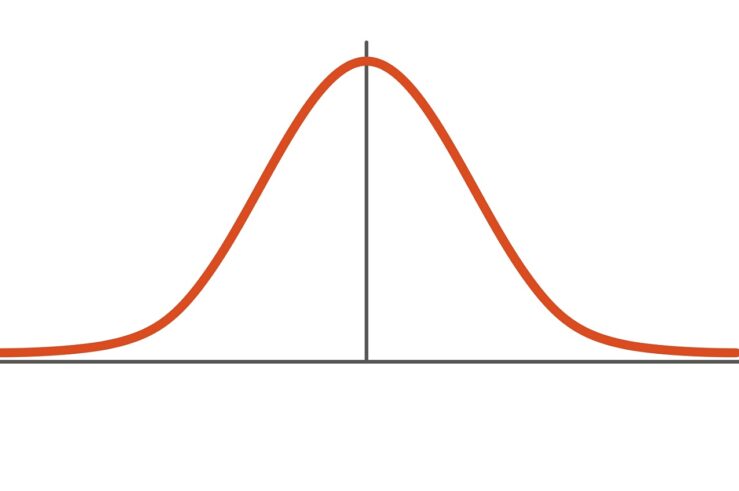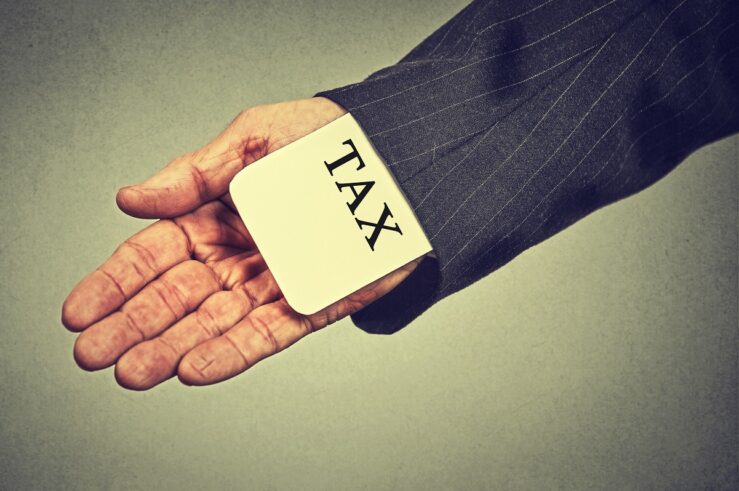Showing results for: “digital markets act”
An FTC Complaint Against Amazon Gets Personal
There is much in the Federal Trade Commission’s (FTC) record over the past two years that could be categorized as abnormal. There is, for instance, nothing “normal” about using the threat of excessive force to cower businesses into submission. Introducing sky high costs for the filing of mergers isn’t normal, as it will scare away ... An FTC Complaint Against Amazon Gets Personal
More FTC Overreach in Labor Markets
The Federal Trade Commission (FTC) and U.S. Labor Department (DOL) signed a memorandum of understanding (MOU) this past week “to strengthen the Agencies’ partnership through greater cooperation and coordination in information sharing, investigations and enforcement activity, training, education, research, and outreach.” The accompanying Sept. 21 announcement is another example of FTC overreach, as it highlights ... More FTC Overreach in Labor Markets
The Marketplace of Ideas: Government Failure Is Worse Than Market Failure When It Comes to Social-Media Misinformation
Today marks the release of a white paper I have been working on for a long time, titled “Knowledge and Decisions in the Information Age: The Law & Economics of Regulating Misinformation on Social-Media Platforms.” In it, I attempt to outline an Austrian law & economics theory of state action under the First Amendment, and ... The Marketplace of Ideas: Government Failure Is Worse Than Market Failure When It Comes to Social-Media Misinformation
Abandoning Antitrust Common Sense: The FTC’s New Normal?
This symposium wonders what exactly is “The FTC’s New Normal”? The short answer: scary. The current Federal Trade Commission (FTC) leadership is clear that old U.S. Supreme Court opinions, rather than more recent jurisprudence, are their lodestones for antitrust analysis. This is dramatically illustrated by the draft merger guidelines recently proposed by the FTC and ... Abandoning Antitrust Common Sense: The FTC’s New Normal?
ICLE on the ACP, BEAD in the Spotlight, Small Steps Toward Ending the Spectrum Impasse
School’s back in session and the Telecom Hootenanny is heating up. We’ve got a hot-off-the-presses issue brief on the ACP, more BEAD agonistes, and the latest on spectrum auctions. The Affordable Connectivity Program: ‘Good Enough’ to Keep Funding In a new International Center for Law & Economics (ICLE) issue brief, Kristian Stout and I examine ... ICLE on the ACP, BEAD in the Spotlight, Small Steps Toward Ending the Spectrum Impasse
Regulatory Humility or Regulatory Hubris at the Federal Trade Commission?
Competition policy at the Federal Trade Commission (FTC) will naturally ebb and flow, depending on its leadership. Over the years, some commissions have taken a more aggressive approach, while others have granted greater credibility to market forces. Still, regardless of the party in power, the agency was generally able to maintain a solid reputation as ... Regulatory Humility or Regulatory Hubris at the Federal Trade Commission?
Recent Antitrust and Regulatory Changes Both Unravel the Consensus
Presidential administrations over the last 50 years have pursued widely varying policy goals, but they have agreed—at least, in principle—that policies should be efficient and improve social welfare. Now, the Biden administration is taking steps to unravel that bipartisan consensus. We focus on different policy areas (Dudley on regulation and Sullivan on antitrust) and are ... Recent Antitrust and Regulatory Changes Both Unravel the Consensus
The Effect of VAT Withholding Requirements in Latin America
Innovations in payment systems are rapidly transforming the world economy. While Bitcoin, Ethereum, and other decentralized blockchain-based systems tend to garner much of the press (good and bad), centralized peer-to-peer (P2P) payment systems are far more common. (Note that I use the term P2P here in its original sense to mean all peer-to-peer transactions, which ... The Effect of VAT Withholding Requirements in Latin America
Antitrust at the Agencies Roundup: Take My Default … Please! Edition
I can hardly believe it, but I’ve read that a famous old bit by Henny Youngman has been purged from Florida textbooks, apparently because it was deemed offensive to those who wrote, told, and laughed at the joke. I won’t tell it here, but you can look it up. And if you’re a reader of ... Antitrust at the Agencies Roundup: Take My Default … Please! Edition
The FTC, DOJ, and International Competition Law: Convergence Away From the Consumer Welfare Standard?
In less than two and a half years, the Federal Trade Commission (FTC) and U.S. Justice Department (DOJ) have undone more than two decades of work aimed at moving global competition law toward an economics-friendly consumer welfare standard. In tandem with foreign competition authorities, the U.S. antitrust agencies are now cooperating in an effort to ... The FTC, DOJ, and International Competition Law: Convergence Away From the Consumer Welfare Standard?
The FTC Tacks Into the Gale, Battening No Hatches: Part 2
Part 1 of this piece can be found here. Emergence of the ‘Neo-Brandeisians’ Thus, matters unfolded until the curtain began to descend on the second Obama term in 2016. In the midst of presidential primary season, a targeted political challenge to the prevailing economic approach to antitrust first came to light. No one has yet ... The FTC Tacks Into the Gale, Battening No Hatches: Part 2
The FTC Tacks Into the Gale, Battening No Hatches: Part 1
The Evolution of FTC Antitrust Enforcement – Highlights of Its Origins and Major Trends 1910-1914 – Creation and Launch The election of 1912, which led to the creation of the Federal Trade Commission (FTC), occurred at the apex of the Progressive Era. Since antebellum times, Grover Cleveland had been the only Democrat elected as president. ... The FTC Tacks Into the Gale, Battening No Hatches: Part 1
















